


We get your business up and moving. We are a passionate bunch of number crunchers /budget heads. Whether it be an entire overhaul of your accounting department, managing your payrolling, or simply serving you as a bookkeeper – we are here.
WHO published the first worldwide tariff guide for sugar-sweetened drinks (SSBs). At the moment, at least 85 nations use some SBBs taxes.
The WHO guidebook outlines the lessons learned from nations that have effectively adopted the tax. For instance, Mexico, Canada, South Africa, and the United Kingdom.
Taxes on sugar-sweetened beverages can be a powerful tool to promote health. Because they save the tax & save lives and prevent disease while also advancing health equity. Additionally, for mobilising revenue for countries to use to achieve universal health coverage.
Furthermore, tax on sugar, cigarettes, and alcohol are cost-effective methods of avoiding illnesses, injuries, and premature death. Consequently, the SSB tax may motivate businesses to reformulate their goods to minimize sugar content.
Evidence suggests that imposing SSB taxes raises product costs while decreasing demand. Thus, leading to fewer purchases. A one-time worldwide tax on sugar hike that boosted prices by 50% might earn an extra $1.4 trillion in income over the next 50 years.
According to a recent Gallup Poll, most individuals in the United States, Tanzania, Jordan, India, and Colombia favored taxes on SSBs, alcohol, and cigarettes.
Consequently, WHO urges governments to enact or enhance current SSB levies to boost the costs of these harmful items, decrease demand, and reduce consumption.
Let’s take a closer look.
Sugar-sweetened drinks are any sweetened beverage with added sugars, such as –
The following are some examples of SSBs are:
Drinking sugary drinks regularly has been linked to the following issues:
Thus, limiting sugary drink consumption may help people maintain a healthy weight and eating habits.
Over 45 nations and numerous municipal jurisdictions have adopted the taxation of sugar sweetened beverages to enhance nutrition and public health.
Research on their effects too far is critical to driving policy deliberations. The World Health Organization has also commissioned a study to examine the relationships between enacted SSB taxes and pricing, sales, consumption, diet, body weight, product modifications, unintended effects, health, and pregnancy outcomes.
Sugar-sweetened beverage (SSB) taxes are recommended as a policy instrument to address the rising prevalence of poor diet, obesity, and the economic and social consequences associated with these conditions.
Noncommunicable diseases (NCDs) account for 71% of worldwide mortality, with dietary variables accounting for an estimated 40%. Concerns around diet-related NCDs have recently grown because of their association with more severe clinical outcomes from COVID-19. These include hospitalization and mortality.
As various assessments are conducted to give policymakers full real-time data, evidence of their impacts is emerging.
Previous comprehensive analyses revealed that pricing interventions and fiscal policies aimed at SSBs and other unhealthy items might affect consumer choices and lower demand.
But most of the previous work relied on pricing data and computer studies because there were no real-world SSB taxes.
Consequently, the synthesis of studies on the consequences of recently introduced SSB levies is now crucial. This is to educate decision-making regarding the use of fiscal policy to generate incentives for improving diet and health.
A sugary drink, soda, or sweetened beverage tax (SBT) is a tax or surcharge (food-related fiscal policy) imposed on sugar sweetened beverages.
Carbonated soft drinks, sports drinks, and energy drinks are common beverages subject to a soda tax. This policy aims to reduce obesity and the health consequences of being overweight; however, the medical data supporting the effects of a sugar tax on health is uncertain.
Many governments are debating the sugar sweetened beverage tax. However, the national medical societies and the World Health Organization support the tax as an example of Pigovian taxation to discourage unhealthy diets and offset the rising economic costs of obesity.
The movement to tax on sugar-sweetened drinks is gaining steam in public health circles. The motivation is twofold: to limit the consumption of these beverages, which have been related to obesity and other chronic conditions, and to generate cash to finance public health efforts.
The World Health Organization (WHO) is one of the most ardent supporters of this tax, having issued a study urging governments to charge sugar-sweetened drinks. The research includes statistics from several nations where similar tariffs have been introduced, arguing that they effectively decrease consumption and enhance public health.
The food and beverage industries, as well as several public health specialists, have criticized the findings. Critics contend that the tax would disproportionately impact low-income individuals and that there is no evidence that it will reduce consumption or benefit public health.
The WHO’s recommendation for a sugar drink tax will spark discussion in the coming months and years. It remains to be seen if nations will heed WHO’s advice, but it is evident that the problem is not going away anytime soon.
We hope that after reading this blog, you have a fair understanding of the taxation of sweetened beverages. However, if you still have doubts, it’s best to speak with experts like GJM & CO. Our accountants and professionals will walk you through the taxation policy and help you understand it better.
Should you have any queries or need consultation, Schedule a Call today or write to us at info@gjmco.in.